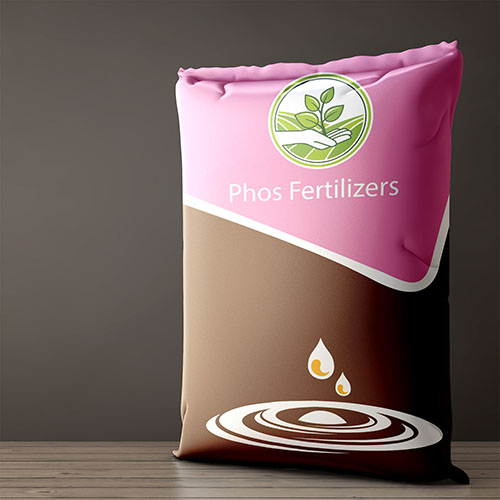Welcome to PhosFertilizers, we hope you will enjoy our products and have good experience
Monoammonium Phosphate Fertilizer
Monoammonium Phosphate Fertilizer

Phosphorous is another essential element for plant growth and is important for root development and fruit production. Phosphorous-based Monoammonium Phosphate Fertilizer include monoammonium phosphate, diammonium phosphate, and triple superphosphate.Potassium is another important element for plant growth. It is involved in many physiological processes, including water uptake and photosynthesis. Potassium-based Monoammonium Phosphate Fertilizer include potassium chloride and potassium sulfate . Balanced Monoammonium Phosphate Fertilizer contain a combination of nitrogen, phosphorous, and potassium (NPK) in specific ratios that are tailored to the needs of different crops. These Monoammonium Phosphate Fertilizer are often labeled with their NPK ratio .Specialty Monoammonium Phosphate Fertilizer are formulated for specific crops or soil types and may contain additional micronutrients or trace elements. These Monoammonium Phosphate Fertilizer may be targeted to address specific nutrient deficiencies or to improve the overall fertility of the soil. Examples of specialty Monoammonium Phosphate Fertilizer include lime, gypsum, and sulfur.Granular and granulated Monoammonium Phosphate Fertilizer are two very different types or product. Although both are granules, granular products are a blend of nutrients as individual granules in their own right. Granulated products are where the nutrients are dissolved to a specific ratio, and then reformed into a new unique granule. For example, let us say you need 50/50 nitrogen and phosphate for your Monoammonium Phosphate Fertilizer product. Let us also assume the nitrogen is blue granules, and the phosphate is yellow granules. In a granular product, you would see a blend of blue and yellow granules mixed together. However, in a granulated product, you would see a new green granule, where each granule now contains 50% nitrogen and 50% phosphate.
